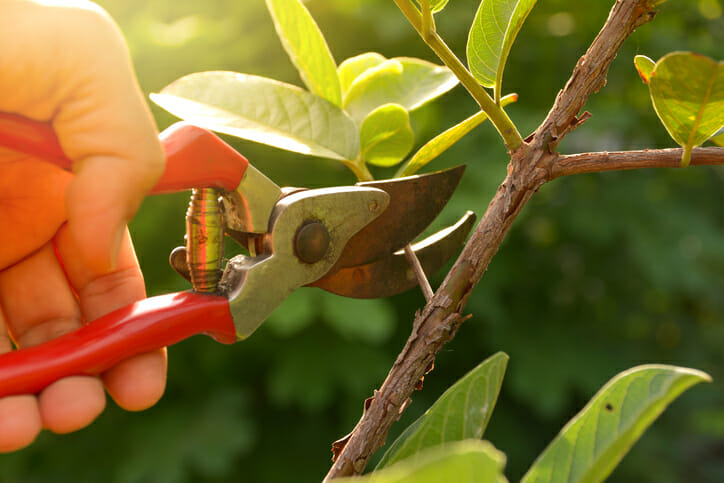

It’s not just people with IBS-like symptoms that have bacterial overgrowth. When the unwanted intestinal bacteria were eradicated, symptoms of IBS improved in 48% of the subjects, particularly diarrhea and abdominal pain. Researchers found that 157 of the 202 people (78%) had bacterial overgrowth. Given that IBS is the number one gastrointestinal diagnosis, bacterial overgrowth could be underdiagnosed.Ī study by researchers at Cedars-Sinai Medical Center in California examined 202 people who met the diagnostic criteria for irritable bowel syndrome and gave them a test for bacterial overgrowth called the lactulose hydrogen test. This creates an environment in the gut SIBO develops. The resulting leftover bacteria can fester in the small intestine and begin to take over. When nerves or muscles in the gut are damaged, as can happen with autoimmune diseases, diabetes mellitus, scleroderma, Fibromyalgia, excess sugar, low stomach acid. Complications happen when something interferes with that process.

In a healthy gut, bacteria, along with food, are passed through the digestive tract to its final destination in the colon.

The main role of the enzymes is to break down our food, while the nerves, muscles and neurotransmitters physically move the food through our digestive tract from the stomach, to the small intestine, and to the colon. (Simply click here)įood digestion is a collective effort within the gut, relying on nerves, muscles, enzymes, and neurotransmitters to create an effective process. You Can Get my Free 5 Part Video E course on SIBO. This inhibits your body from absorbing necessary nutrients, similar to the results of a leaky gut. The body uses bile salts to breakdown fats without them, the result is fat malabsorption or diarrhea.Ī third type of bacteria can produce toxins that damage the lining of the small intestine. Certain strains of bacteria strive in an environment that provides refined carbohydrates, breaking them down into short-chain fatty acids, which creates gas and causes bloating.Īnother strain of bacteria can break down bile salts before your body has a chance to use them. This can manifest in several different ways, and often occurs in those eating a diet high in sugar, alcohol and refined carbohydrates. How Do We End Up With Certain Bacteria Overgrowing Others? Bacteria in the gut can be a good thing, but SIBO occurs when bacteria in the gut get out of balance and overgrow. Small intestinal bacterial overgrowth (SIBO) is pretty much what you’d expect from that name. Regardless of the symptoms, If you’re having gas, bloating, cramping, diarrhea regularly, you could have food sensitivities and/or a gut infection, such as SIBO. (Small Intestinal Bacterial Overgrowth) What is SIBO? Perhaps your experiencing embarrassing diarrhea that causes you to have to map out where the nearest restroom is. Have you ever just finished eating and start to feel so bloated that it feels like a struggle just to keep your pants buckled? Patients often tell me about how they wake up with a normal feeling belly, but by the time they finish a meal, they feel like they just gulped down a balloon from the Thanksgiving parade. Dr Hagmeyer explains exactly what you need to know If you suspect Small Intestinal Bacterial Overgrowth (SIBO)- A Common Problem with IBS Sufferers


 0 kommentar(er)
0 kommentar(er)
